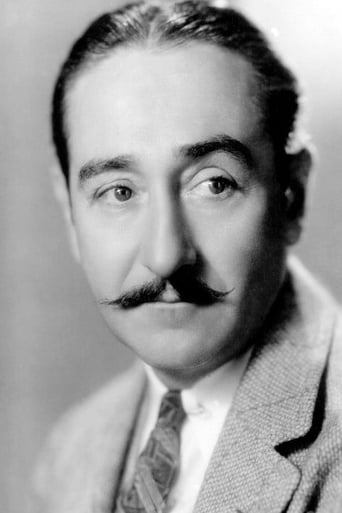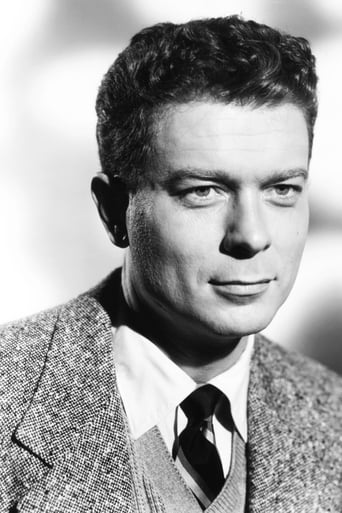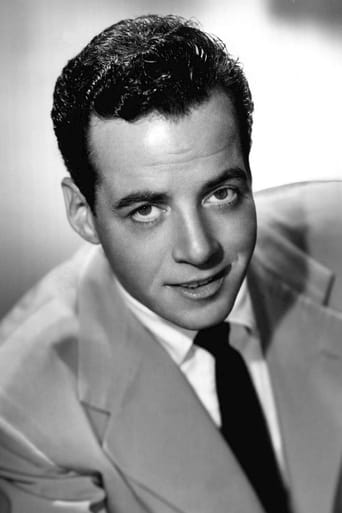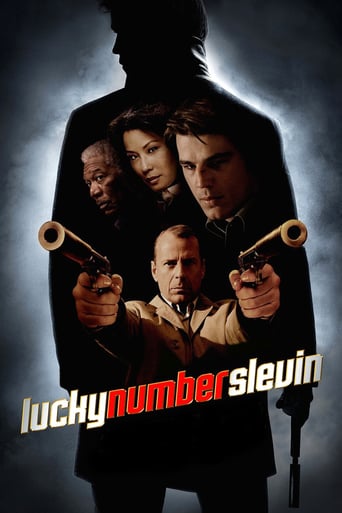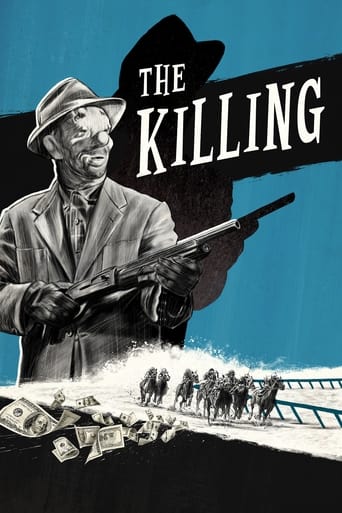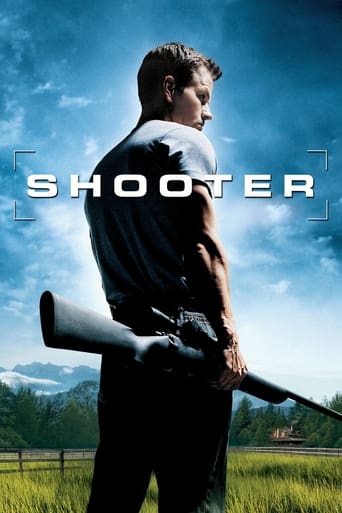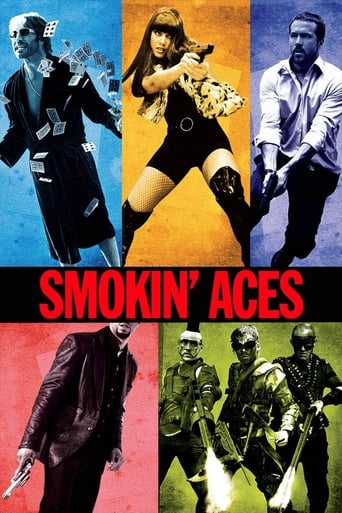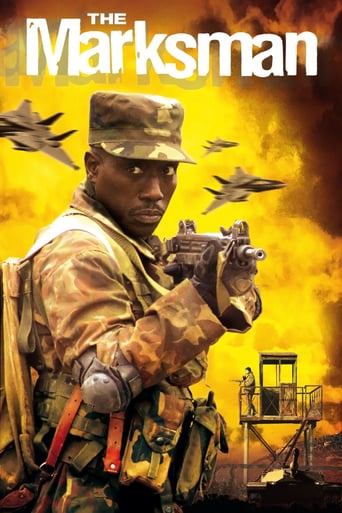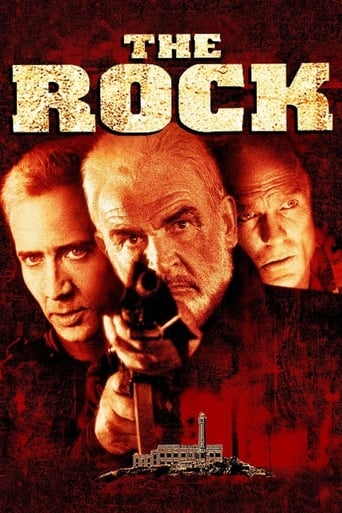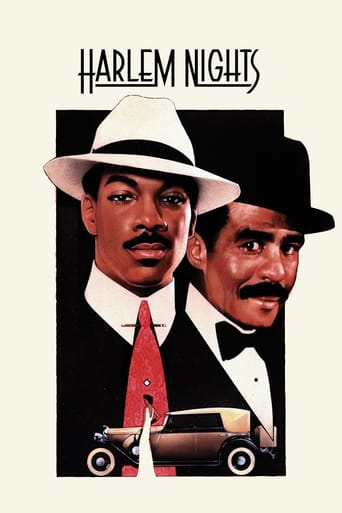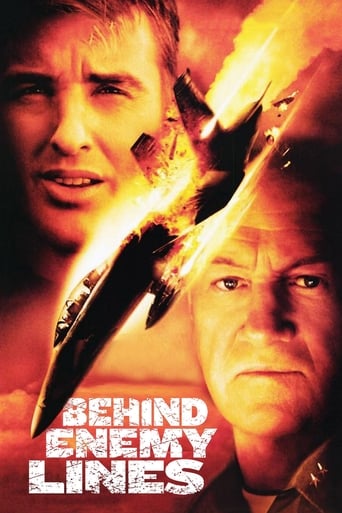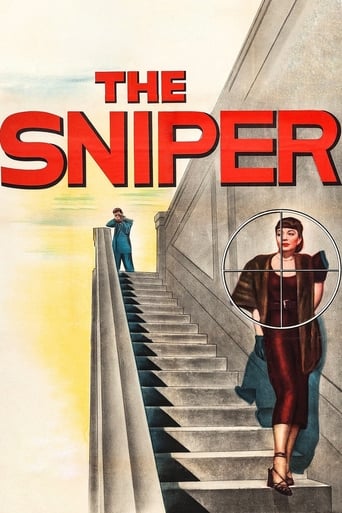
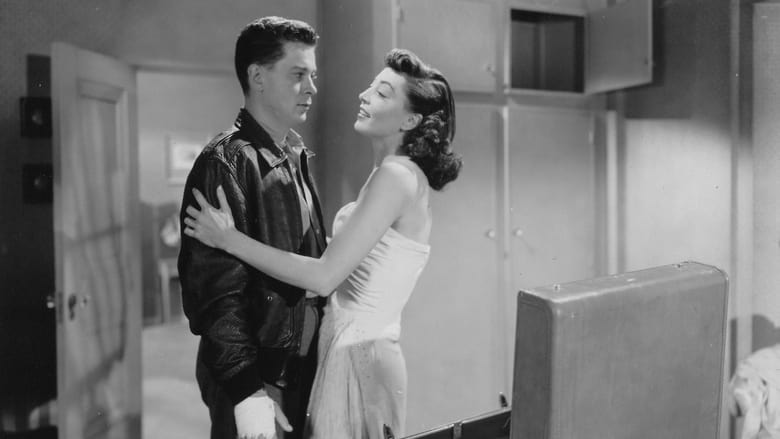
The Sniper (1952)
Eddie Miller struggles with his hatred of women, he's especially bothered by seeing women with their lovers. He starts a killing spree as a sniper by shooting women from far distances. In an attempt to get caught, he writes an anonymous letter to the police begging them to stop him.
Watch Trailer
Cast


Similar titles
Reviews
This had all the look and feel of film noir as I viewed it but I wasn't certain if it would pass muster as the real deal. It has no femme fatale front and center as most movies of the genre do, but thinking about it, that may be because Eddie Miller (Arthur Franz) killed them all. Marie Windsor came the closest as his victim number one, but she wasn't around long enough to make an impact on the entire story. However the picture does have it's requisite share of pessimism, fatalism and menace, so on that score it delivers in true noir fashion.I found the cinematographer's work to be quite compelling. The starkly oblique camera angles, be they city streets (amplified by the topography of San Francisco), steep stairways or elevated rooftops, all seem to draw one's attention to and magnify the tormented psyche of the central character. His written plea (see my summary line), dropped anonymously in a city mailbox, reads as a massive cry for help that remains unanswered, except in the verbal exhortation of the police psychiatrist (Richard Kiley) stating his case before a review board. Listening to that argument today however, I don't think it would meet with much approval, in as much as his call for jailing first time sex offenders seems to be given short shrift by liberal judges in the present day.Actor Franz appeared to have the perfect demeanor for his twisted character, continuously bewildered by the futility of his actions yet powerless to stop his murderous rampage. The film's treatment of his second victim was cleverly handled; all the while we track the woman under Miller's watchful eye, but never see him getting ready to carry out the crime. Then all of a sudden a bullet shatters the woman's apartment window and she falls victim to his single rifle blast. The viewer knows it's coming, but the anticipation is both muted and tension filled, a rare emotion that the film maker expertly achieved.Going in without knowing anything about the picture, one might be led to believe it's a story about an assassin, and in some respects, the analogy holds. Miller was an assassin of sorts, but his victims were chosen at random for the mere fact of being women. Helpless to overcome his terrifying predilection to murder, Miller is ultimately apprehended with a tear in his eye, not so much for his victims, but for his own remorse at being a monster.
A stark and upsetting film about a serial sniper driven to shoot women because of suggested but never explicitly explained interactions with female figures in his past. There's something ahead of its time about this film, partially because of its frank mingling of violence and sexuality, but also because of the way it depicts what happens to a human body when it's gunned down. In other movies from the same time period, if someone were to get shot, they would freeze and pose dramatically for the camera before slowly crumpling to the floor in a bloodless swoon. In this film, shot bodies get thrown into walls and drop like lead. It's disturbing because it looks very real.Also notable is this film's plea to its audience to have sympathy with its tortured killer, and the suggestion that murderers might be sick rather than evil. The end shot in particular left me chilled and heartbroken at the same time.The story won screen writing couple Edward and Edna Anhalt their second Oscar nomination, though that year's winner was "The Greatest Show on Earth." Grade: A
Sharply Photographed and at Times Brutal Study of a Psycho-Sexual Serial Killer with Freudian Aspects and Authoritarial Misunderstandings. Police and Politicians See it Through the Scope of Nothing More than a Criminal Needing Killed or Captured. The Psychiatrist sees it as Cure or Institutionalise and that is the Gist of this Fifties Attempt at a New Take, a Liberal Take, on Understanding Societies Misfits.This is a Stunning Movie in a lot of Ways. The Sprawling On Location City Landscapes, the Phallus Sexual Symbolism, the Powerful Murder Scenes, and in its Short 88 Minutes is a Mini-Masterpiece of Condensed Ideas and Contemplations.Arthur Franz is Outstanding as a Highly Disturbed Killer of Women, a Self Mutilator, and is so Mentally Disturbed He does Everything but Turn Himself In to Draw Attention to His Pain and Suffering. The Actresses in this Prescient Picture are Much Better than the Men.Adolphe Menjou is Miscast, Gerald Mohr is His Usual Forgettable Self, and Richard Kiley as the Doctor, again, Miscast. The Only Male Actor who is more than OK is the Title Role.Overall, a Movie Way Ahead of its Time, the Cinematography is Excellent, and the Script is Remarkable. A Must See for Fans of Film-Noir, Crime Dramas, and Psychological Studies. It is a Gripping Fifties Movie that is One of the Best Noirs of that Decade.Note...In the 1950's Film-Noir was changing and Police procedural and brightly lit daylight scenes were changing the look of Noir. It looked more luminous and illustrated a more conventional delivery for the Genre. But occasionally this did not hamper the Film-Noir aesthetic, but it undeniably made them look and seem different than their forties forerunners.
The heart of this well-mannered crime film is an outwardly normal young man who is, alas, as a preamble describes, "an enemy of womankind." On some inexplicable basis, he has a fuming bitterness against women that he dispatches, in cyclic phases, by shooting dames he spots from windows and rooftops as they walk the streets. Of course, this is alarming to the local public, and much civil distress is conveyed for the assassin to be caught. This is the incentive for greater pressure in the pursuit by the police and also for some reductive information on the issue of the sex offender.Stanley Kramer might have benefited from knowing his bounds. As a director, he had a masterful formality that left indelible images and ethical questions in our hearts. As a producer, he invariably fails to take both feet out of the director's tub and unfortunately straddles his job of protecting the director's vision with his insistence upon his own. Edward Dmytryk's direction stands astride the studio standard of storytelling and the immediacy of low-budget location shooting, and he intersperses the violence with lucid bangs of vicious power without showing one bead of blood. Regrettably however, the film is utterly scared that its ideas and points will go overlooked. Dmytryk, or should I say Kramer, batters them in, scene after scene.I can almost understand Kramer's transparent imposition upon John Cassavetes' A Child is Waiting or Hubert Cornfeld's Pressure Point, because they were films born out of his own strong conscience regarding patent social issues. The Sniper is, granted, a film about a disturbed character, likely tormented by a past of being misunderstood, rejected, outcast, but a level-headed gaze at this character through Dmytryk's voyeuristic passages need no further elevation. A grave lecture to society for not doing enough to imprison and rehabilitate the budding sex criminal is dutifully articulated in this visually innovative B film. But the sermon is neatly bookish and theoretical. It feels like just a noble pretext for trying a somewhat altered slant on a straightforward manhunt story.Kramer may stultify the impact of this drama, but Dmytryk gets his main guy Arthur Franz through desperate, haywire emotional transitions crisply, even if it's more through the director's venerated editing approach than any naturalism on the part of Franz. All I know is that I remember quite a few of his wordless scenes more vividly than those where Adolphe Menjou and a room full of suits are moralizing and lecturing one another.


